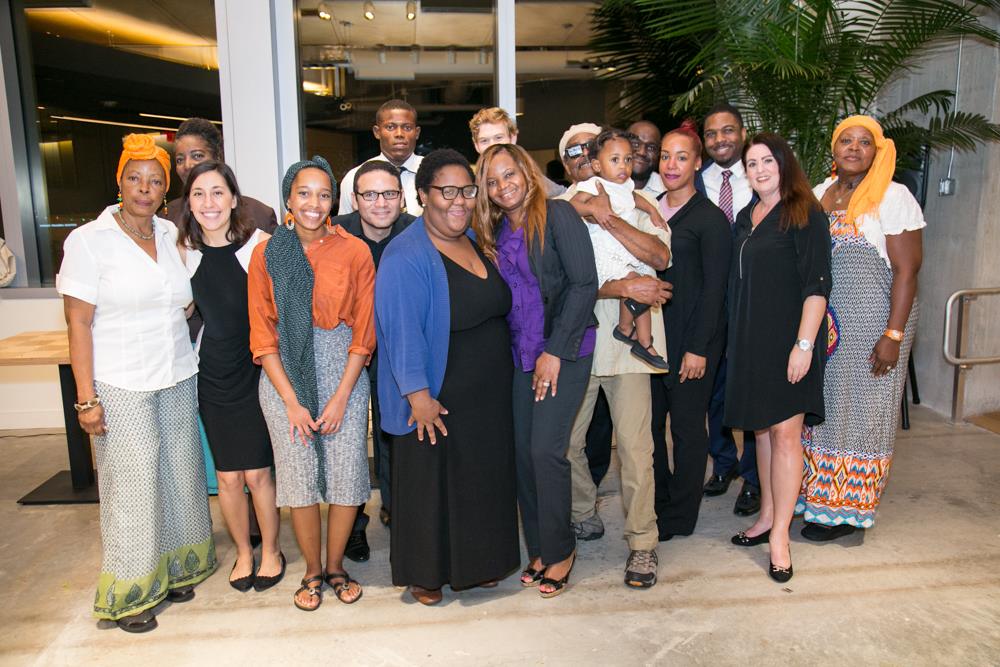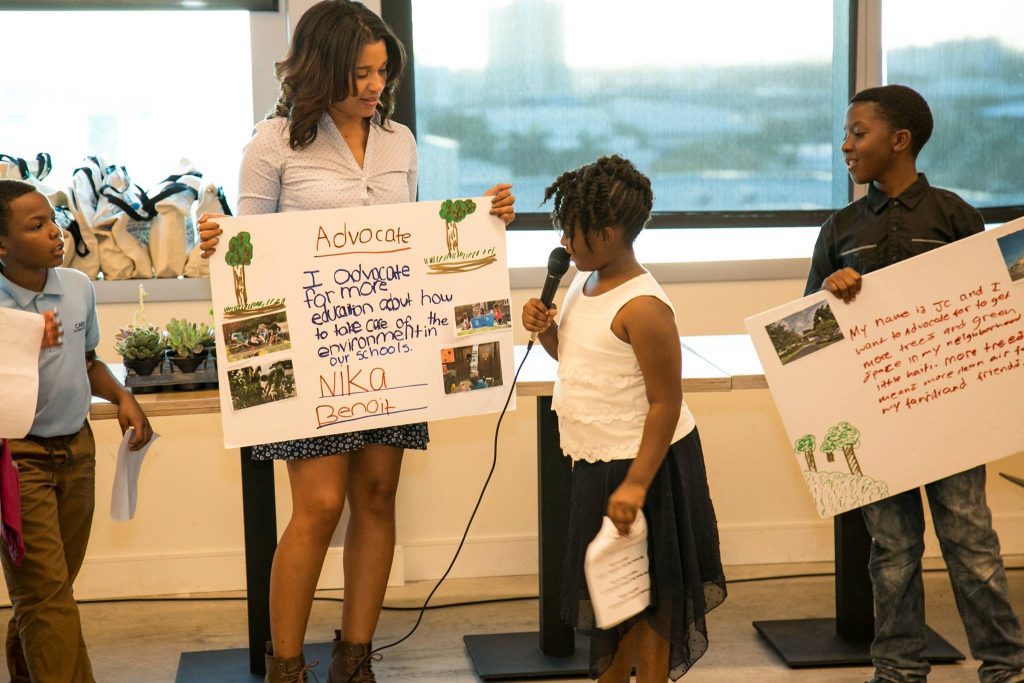City: Seattle
Country / US State / US Territory: Washington
Type of Solution: Vacant Properties and Lots
Climate Impact: Extreme Precipitation and Flooding
Social Value Created: recreation; public gathering space; social cohesion; connectivity; employment; benefits vulnerable communities
The City of Seattle recently redeveloped undertook a nine-acre redevelopment project to repurpose an underutilized parking lot and the surrounding area. The Thornton Creek restoration is one component of the restoration project. Thornton Creek was previously been forced below the surface as the urban area developed.
The restoration project aimed to restore the creek to manage stormwater runoff from 680 acres. Impervious surfaces were also reduced by 78%, improving ground water infiltration and thereby reducing runoff. Native species were used for 85% of the project’s landscaping, reducing water consumption for landscaping and reducing maintenance needs. The project design also improves stormwater filtration to remove pollutants from stormwater runoff, removing 40-80% of total suspended solids from 91% of runoff in the 680 acre drainage basin.
Thornton Place is a combined residential and commercial space created in the redevelopment. The project added 530 units of mixed-income housing and 50,000 square feet of retail space, including 143 units of assisted-living housing for seniors. Thornton Place also includes a 14-screen cinema and a plaza area for public gatherings. Additionally, pedestrian links were created to link adjacent commercial and residential neighborhoods, improving walkability. Transit access was also improve by the design, increasing mobility and diversity of transportation.
Sources:
Benfield, K. (June 6, 2011). How to turn a parking lot into an ideal green community. The Atlantic. Retrieved from https://www.theatlantic.com/national/archive/2011/06/how-to-turn-a-parking-lot-into-an-ideal-green-community/239973/.
Benfield, K. (June 7, 2011). A seattle redevelopment that is greener than green. Grist Magazine. Retrieved from https://grist.org/urbanism/2011-06-06-seattle-urbanism-transit-state-of-the-art-green-mixed-planning/.



